1. M*A*S*H
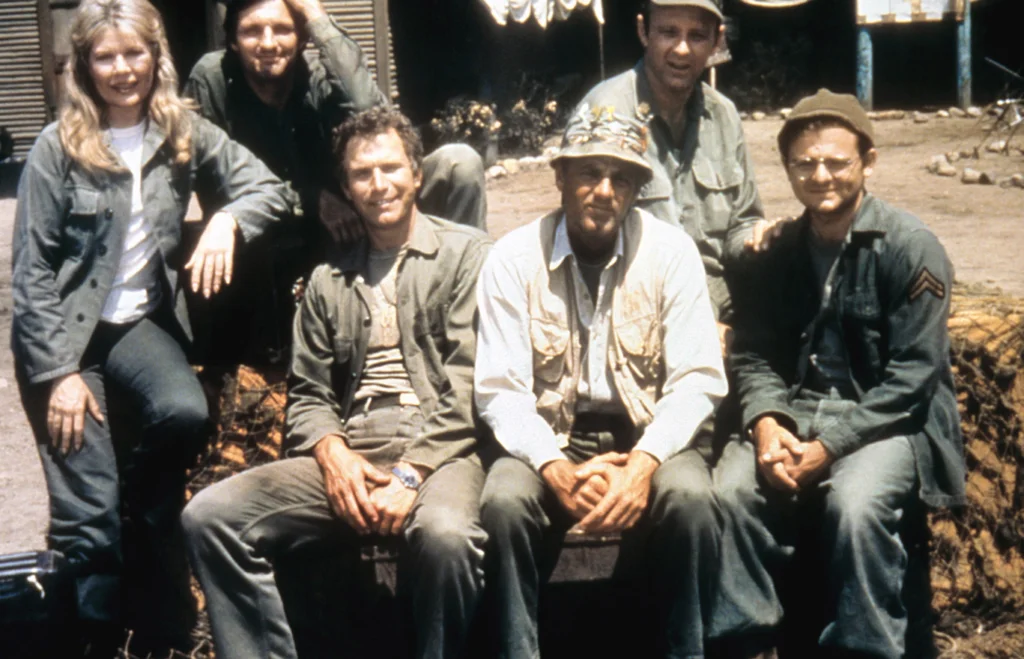
The finale of M*A*S*H was nothing short of iconic, with its heart-wrenching goodbyes and emotional farewells. Titled “Goodbye, Farewell and Amen,” it became the most-watched television episode in U.S. history when it aired in 1983, even though the show ended in 1983. The unexpected part? It wasn’t just a celebration of the characters’ achievements, but an exploration of the true cost of war, making it one of the most emotional episodes in TV history. The departure of beloved characters like Hawkeye Pierce (Alan Alda) and the rest of the camp left viewers with more than just a sense of finality.
What truly set the finale apart was its profound reflection on the time that had passed since the show’s beginning in the ’70s. It brought viewers full circle, tackling serious issues like the Vietnam War’s impact on its audience and the soldiers who served. By combining humor, heartbreak, and reality, MASH* concluded in a way that was deeply unexpected for fans who had come to expect the show’s lighter moments. Its closing moments continue to resonate, making it a perfect example of a finale that blindsided viewers emotionally.
2. All in the Family
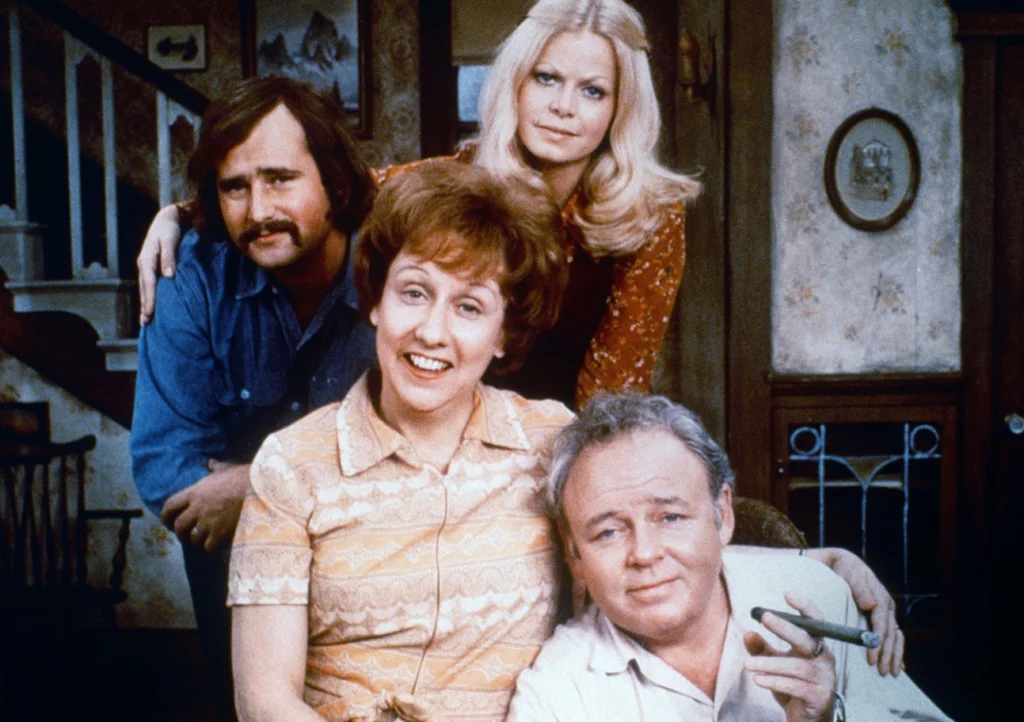
When All in the Family wrapped up in 1979, it did so with a bang. The final episode, “Too Good Edith,” took a surprising turn, especially for those who expected a more traditional sitcom ending. The show, known for its bold tackles of social issues, went in a shocking direction by addressing Edith’s sudden death. Viewers had to process the grief of losing one of the show’s most lovable characters, a moment that was both unexpected and deeply emotional.
The way All in the Family handled this loss was a departure from the usual sitcom tropes, which often leaned toward the comedic or lighthearted. Instead, it gave its audience a raw, honest look at how death impacts a family and its members. The episode’s somber tone showed just how much the show had evolved, offering a final, surprising note that felt true to the show’s spirit of challenging norms and expectations. Fans who had expected a lighter conclusion were left reflecting on the bittersweet departure of Edith Bunker.
3. The Mary Tyler Moore Show

The Mary Tyler Moore Show made its final bow in 1977, and what a finale it was. The episode titled “The Last Show” was anything but typical. Instead of tying up every loose end with a neat bow, the show left its characters facing uncertain futures. Mary Richards (Mary Tyler Moore) and her colleagues at WJM faced layoffs and the shifting tides of their careers, leaving fans to wonder where they would all end up.
What truly shocked viewers was how the show opted to let go of the traditional happy ending. It wasn’t about tying up storylines with perfect resolutions; instead, it reflected the unpredictability of life and careers. Mary’s emotional departure from the newsroom was a testament to the show’s understanding of real-world challenges, breaking from the norm of feel-good sitcom finales. The ending was a refreshing, unexpected choice that mirrored the series’ deep engagement with the realities of life and personal growth.
4. The Odd Couple
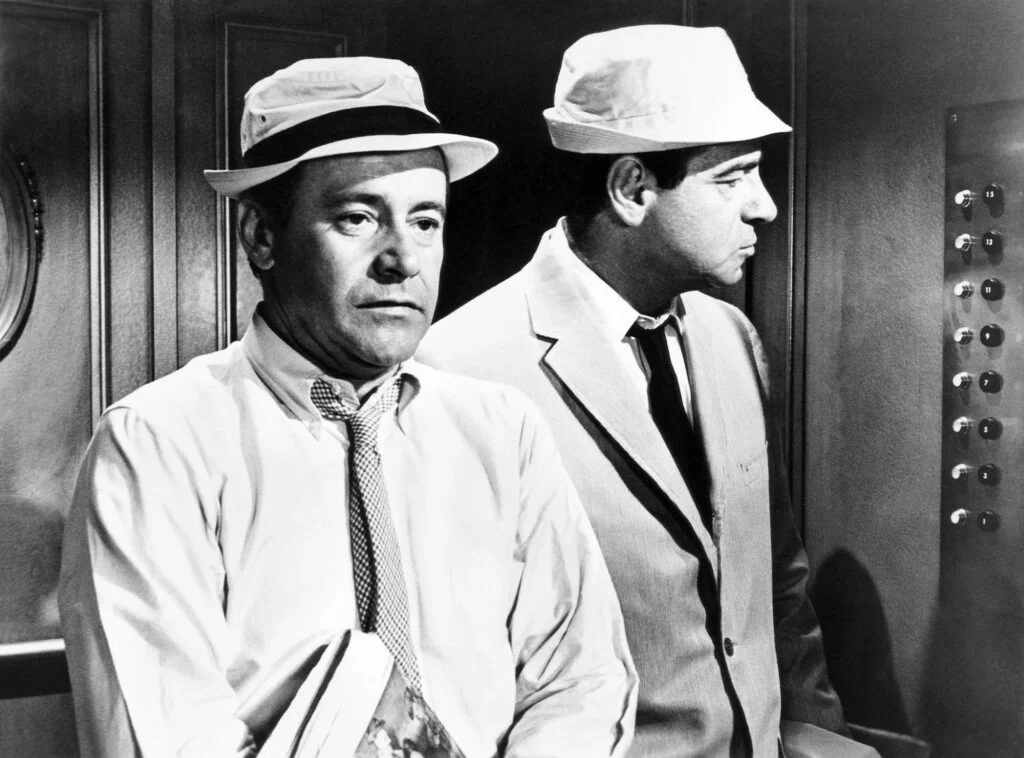
The Odd Couple had one of the most surprising finales in sitcom history, largely because of its lack of any grand gestures or typical sitcom conclusions. The final episode aired in 1975 and found its two main characters, Felix and Oscar, in a situation that was both unexpected and poignant. The two roommates, who had spent years together in hilarious conflict, were finally forced to confront the reality that their friendship was more than just a series of jokes.
Rather than a dramatic conclusion, the finale offered a quiet moment of reflection and understanding between the two characters. It didn’t try to wrap things up neatly or give viewers a feel-good farewell. Instead, it left audiences with the realization that sometimes the most significant moments are the quiet ones, ones that don’t always have a clear resolution. This unexpected turn made the finale stand out as one of the most memorable TV endings of the ’70s.
5. Maude
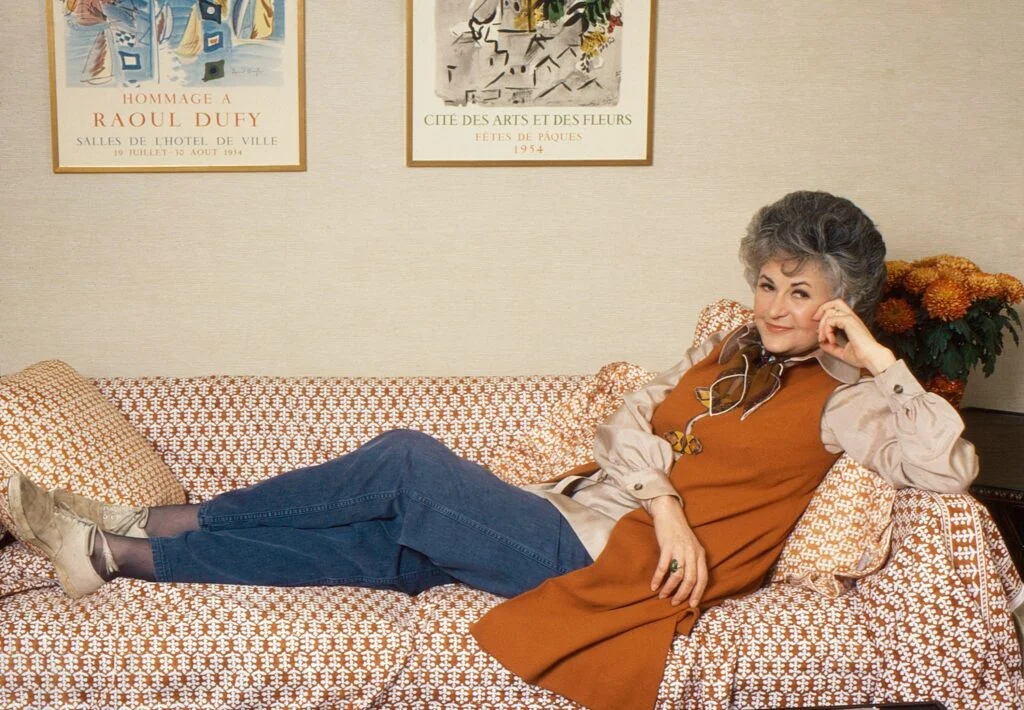
When Maude ended in 1978, the show’s finale left a huge emotional impact on its audience, largely because of its unexpected plot twist. The final episode, titled “Maude’s Dilemma,” was about Maude’s unplanned pregnancy, a topic that had been controversial throughout the series. What shocked viewers wasn’t just the fact that Maude was considering having an abortion, but the way the show’s characters handled the situation with deep care and respect for different viewpoints.
The ending of Maude was truly ahead of its time, dealing with a sensitive issue that many shows would have avoided. The way the show dealt with Maude’s choice and the family’s reactions was a bold move for television at the time. This was a show that never shied away from tackling tough issues, and its finale was no different. It not only surprised viewers with its mature handling of a complex issue but also cemented Maude’s legacy as a trailblazer for socially conscious television.
6. Good Times
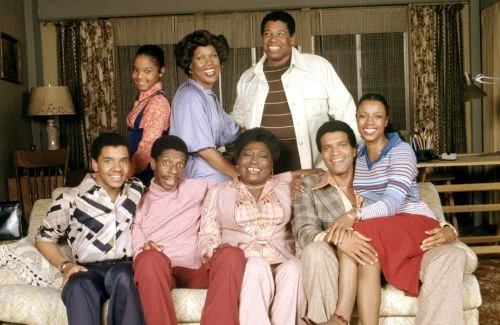
The finale of Good Times in 1979 had a surprising twist that left audiences both shocked and emotional. The episode, titled “The End of the Rainbow,” focused on the family’s journey to find a better life, with James (John Amos) leaving the family to pursue a job opportunity. What surprised viewers was the sudden shift in the dynamics of the show, particularly with the departure of one of the central characters. It wasn’t the usual comedic conclusion fans had come to expect, but rather a heartfelt and serious farewell.
James’ decision to leave the family was a turning point for the show, marking the end of an era. It highlighted the struggles many families faced in the real world, where dreams and opportunities often led to difficult choices. The emotional weight of the final episode reflected the show’s ability to balance humor with real-life issues. Fans were left with a bittersweet feeling, as the Evans family’s journey concluded in a way that no one saw coming.


